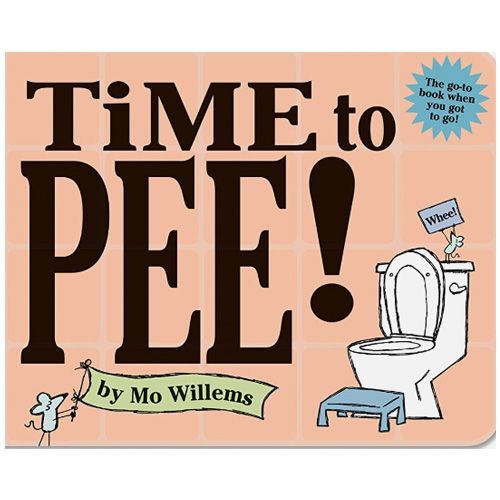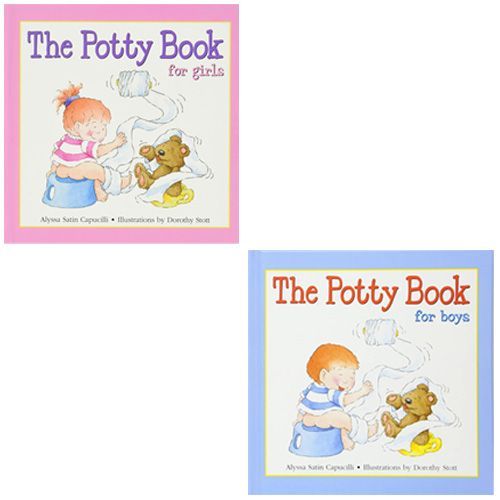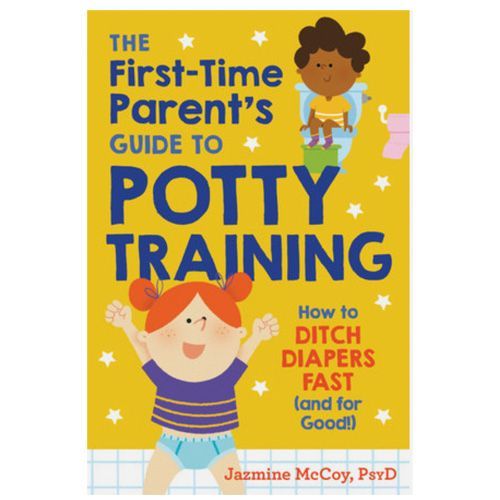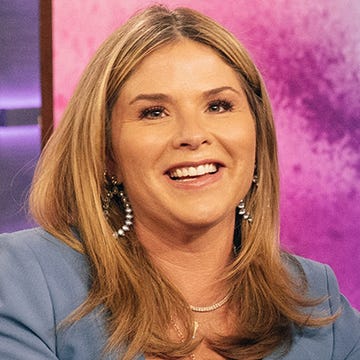16 Best Potty Training Books of 2023
Say goodbye to diapers with these helpful methods for parents and kids.
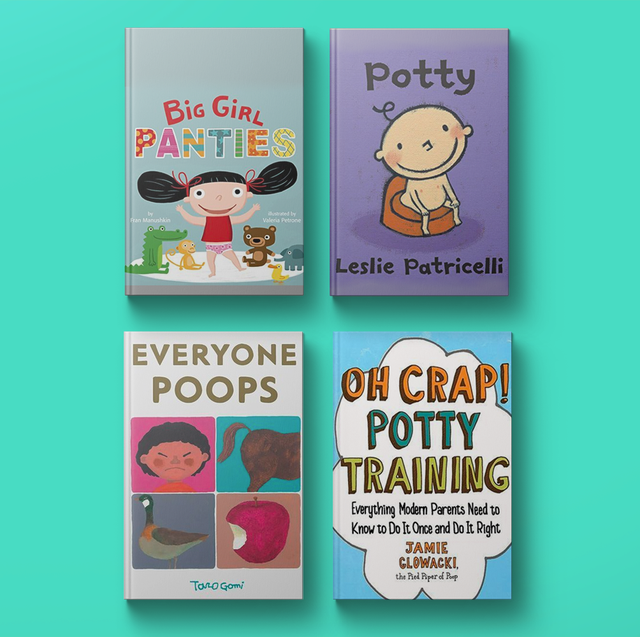
We've been independently researching and testing products for over 120 years. If you buy through our links, we may earn a commission. Learn more about our review process.
It's potty time! Your child is ready to leave those diapers behind. You've chosen a potty training seat or chair, and have all your favorite of the potty training apps loaded up on your phone. Now what?
If you're just starting out on your potty training journey, it might be wise to consult some potty-training books first — for you and for your child. Potty training books for kids often try to get them excited about the idea through upbeat and positive messages, often highlighting the advantages of ditching the diapers (like cool underwear, or more playtime). Some also take kids step-by-step through the process so they know what to expect, explain to them how to check their body for signs they need to go or just de-stigmatize the whole conversation around peeing and pooping.
When reading potty-training books with kids, experts advise caregivers to always use the actual anatomical names for body parts, since code names or nicknames can make children feel shame around their bodies. This is also a good time to talk with kids about bodily safety, who can and can't accompany them to the potty, and who is and isn't allowed to touch their bodies, especially if they're in a school or daycare setting when teachers may be helping them dress and undress.
Our top picks
For adults, books can describe the different potty-training methods out there, from three-day boot-camp-style programs to more child-led methods. Caregivers can peruse the different strategies to see which ones line up best with their parenting style and their lifestyle in general (since not everyone can block off a three-day stretch just to focus on potty training).
With all that in mind, these are the best potty training books for kids and adults in 2023. With these on your bookshelf, your family will be more than prepared for your potty journey.

Marisa (she/her) has covered all things parenting, from the postpartum period through the empty nest, for Good Housekeeping since 2018; previously, she wrote about parents and families at Parents and Working Mother. She lives with her toy-collecting husband and daughter in Brooklyn, where she can be found helping out her team at bar trivia or posting about movies on Twitter and Bluesky.
Katie Lockwood, M.D., ME.d is a primary care pediatrician at Children’s Hospital of Philadelphia and assistant professor of clinical pediatrics at the Perelman School of Medicine at the University of Pennsylvania. As a primary care pediatrician, she focuses on the overall health and wellness of children and has a passion for medical education. She is the creator and host of Primary Care Perspectives podcast. Dr. Lockwood received her medical degree from Jefferson Medical College, her masters in education from Monmouth University, her bachelor of arts from Barnard College of Columbia University, and completed her pediatric residency at Children’s Hospital of Philadelphia, where she was chief resident. She lives outside of Philadelphia with her husband and two children.

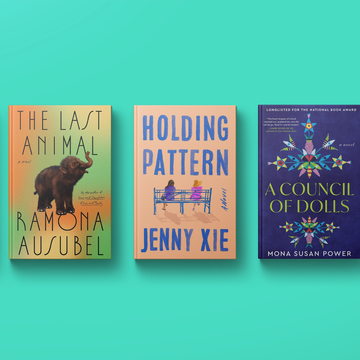
A Full List of Our GH Book Club Picks

'Jeopardy!' Host Ken Jennings Has New Book Update

How to Read All of Jenny Han's Books in Order
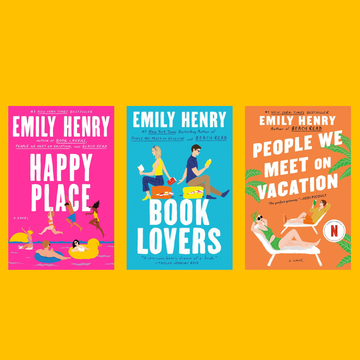
How to Read Emily Henry's Books in Order








